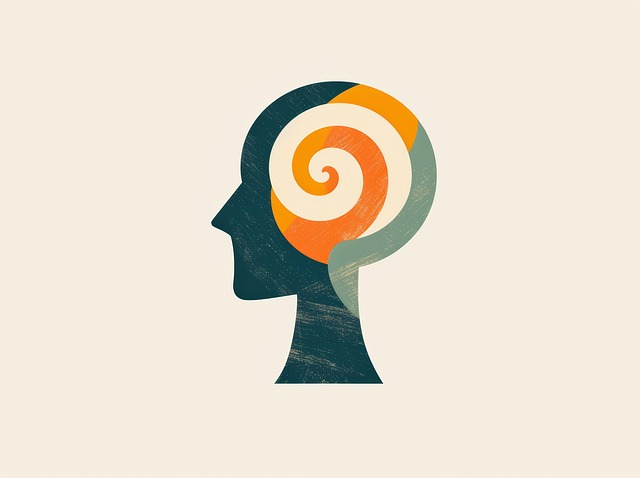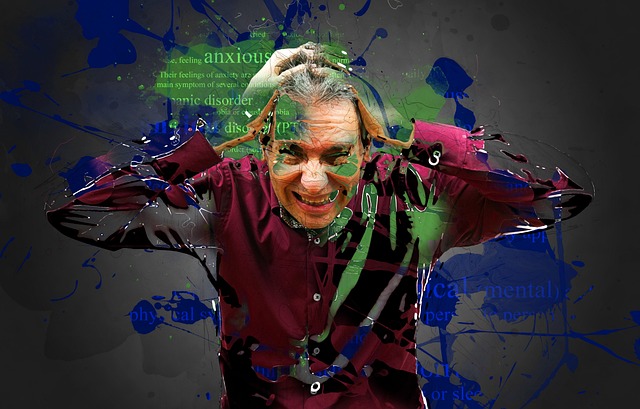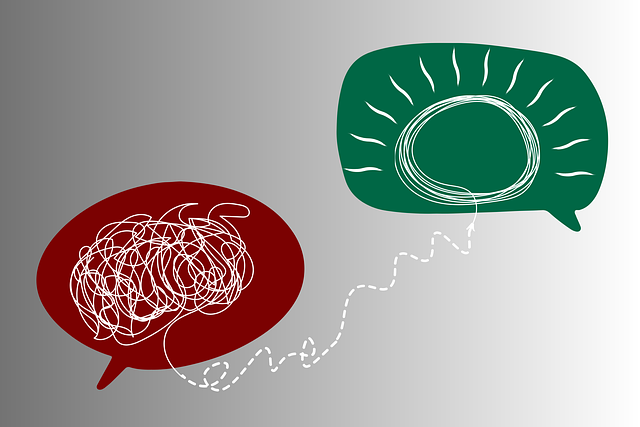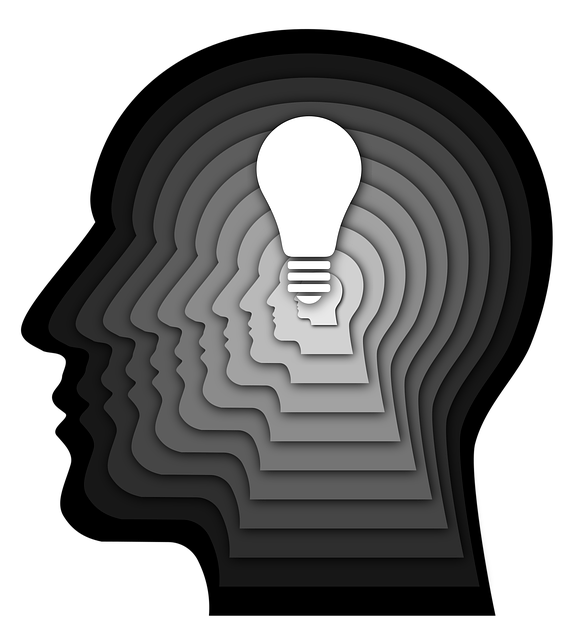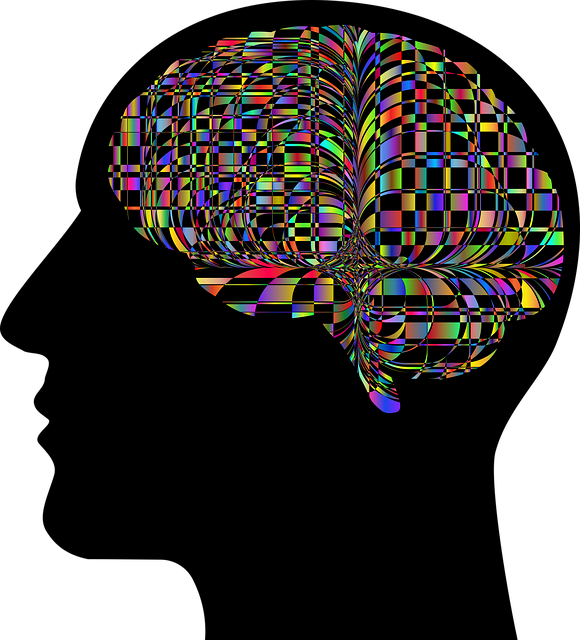Mental health assessment is key to improving well-being among the elderly, addressing unique challenges exacerbated by societal stigma. Dialectical Behavioral Therapy (DBT), an evidence-based approach, combines mindfulness and cognitive-behavioral techniques to aid emotional regulation, distress tolerance, and interpersonal skills. DBT has proven effective in treating depression and anxiety in seniors, reducing healthcare provider burnout, and improving quality of life. Structured assessments measure improvements in emotional regulation, distress tolerance, and interpersonal effectiveness, ensuring personalized therapy tailored to elderly clients' needs. Outcomes assessment tools track symptom reduction and improved functional abilities, highlighting DBT's impact on mental wellness among the elderly.
Mental wellness programs for seniors are gaining prominence, underscoring the growing recognition of elderly mental health. This article explores effective evaluation methods within these programs, with a focus on Dialactic Behavioral Therapy (DBT), a transformative approach tailored to elders’ unique needs. We delve into assessment techniques, from surveys to clinical interviews, and highlight the importance of outcomes assessment in measuring program success and impact, particularly through DBT’s evidence-based framework.
- Understanding Elderly Mental Health: Unveiling the Significance of Assessment
- Dialactic Behavioral Therapy (DBT): A Transformative Approach for Elders
- Evaluation Techniques: From Surveys to Clinical Interviews
- Measuring Success and Impact: Outcomes Assessment in Elderly Wellness Programs
Understanding Elderly Mental Health: Unveiling the Significance of Assessment

Understanding mental health among the elderly is a critical aspect of ensuring their overall well-being, especially as our society ages. The significance of assessment in this context cannot be overstated, as it forms the foundation for effective intervention and support strategies. Many older adults face unique challenges that contribute to their mental health issues, often made worse by societal perceptions and the stigma surrounding mental illness.
One evidence-based approach that has proven beneficial for this demographic is Dialectical Behavioral Therapy (DBT). DBT focuses on skill development in areas such as emotion regulation, distress tolerance, mindfulness, and interpersonal effectiveness. By fostering these skills, elders can enhance their ability to navigate life’s challenges, improve coping mechanisms, and build inner strength. Social Skills Training and Mental Illness Stigma Reduction Efforts also play pivotal roles in promoting mental wellness, enabling individuals to connect, communicate, and support one another within supportive communities.
Dialactic Behavioral Therapy (DBT): A Transformative Approach for Elders

Dialectical Behavioral Therapy (DBT) has emerged as a transformative approach specifically tailored to address the unique challenges faced by older adults. This evidence-based therapy offers a comprehensive framework for enhancing mental wellness and mitigating risks commonly associated with aging, such as burnout prevention strategies for healthcare providers. DBT incorporates mindfulness, emotional regulation skills, distress tolerance, and interpersonal effectiveness to empower individuals in managing their emotions and improving relationships.
By combining cognitive and behavioral techniques, DBT helps elders navigate life’s transitions and challenges more adaptively. This therapy has shown promising results in treating various conditions, including depression, anxiety, and substance abuse, while also focusing on public awareness campaigns development to reduce stigma surrounding mental health issues among older adults. Moreover, risk assessment for mental health professionals is an integral aspect of DBT, ensuring the well-being of practitioners who support elderly clients.
Evaluation Techniques: From Surveys to Clinical Interviews

Evaluation techniques play a pivotal role in assessing the effectiveness of mental wellness programs tailored for elders. Beyond traditional surveys, more nuanced approaches like clinical interviews offer valuable insights into participants’ experiences and well-being. Dialectical Behavioral Therapy (DBT), renowned for its application in trauma support services, leverages structured assessments to measure improvements in emotional regulation, distress tolerance, interpersonal effectiveness, and overall quality of life.
Integrating these evaluation methods allows for a comprehensive understanding of the program’s impact on elders’ mental health. For instance, clinical interviews can uncover subtler improvements in stress reduction methods and stress management techniques that might not be evident through self-reported surveys alone. This dual approach ensures that therapy for elders is evidence-based, adaptive, and truly responsive to their unique needs and challenges.
Measuring Success and Impact: Outcomes Assessment in Elderly Wellness Programs

Measuring success and impact is a critical aspect of evaluating any wellness program, particularly those focused on mental health in the elderly population. Outcomes assessment plays a pivotal role in understanding the effectiveness of interventions designed to improve well-being. When it comes to programs for seniors, assessing progress involves tracking changes in symptoms, functional abilities, and overall quality of life. This process is essential for identifying what works best and making necessary adjustments.
One evidence-based approach that has shown promise in this context is Dialectical Behavioral Therapy (DBT). DBT combines cognitive-behavioral techniques with mindfulness practices to help individuals regulate emotions, improve interpersonal effectiveness, and enhance distress tolerance. By employing outcomes assessment tools tailored to measure mental health symptoms, functional impairments, and treatment engagement, researchers and practitioners can gain valuable insights into the program’s impact. For instance, evaluating depression prevention strategies within these programs is essential, as DBT has been shown to be effective in reducing depressive episodes in older adults. Additionally, public awareness campaigns development and compassion cultivation practices can be assessed to foster a comprehensive understanding of the program’s success in promoting mental wellness among the elderly.
Evaluating mental wellness programs for the elderly is a multifaceted process, requiring a combination of assessment tools like surveys, clinical interviews, and outcomes measurement. Among these, Dialectical Behavioral Therapy (DBT) stands out as a transformative approach, offering valuable techniques to address complex emotional needs in this demographic. By understanding the significance of mental health assessment and employing diverse evaluation methods, we can ensure that elderly individuals receive effective therapy tailored to their unique needs, ultimately enhancing their overall well-being.


